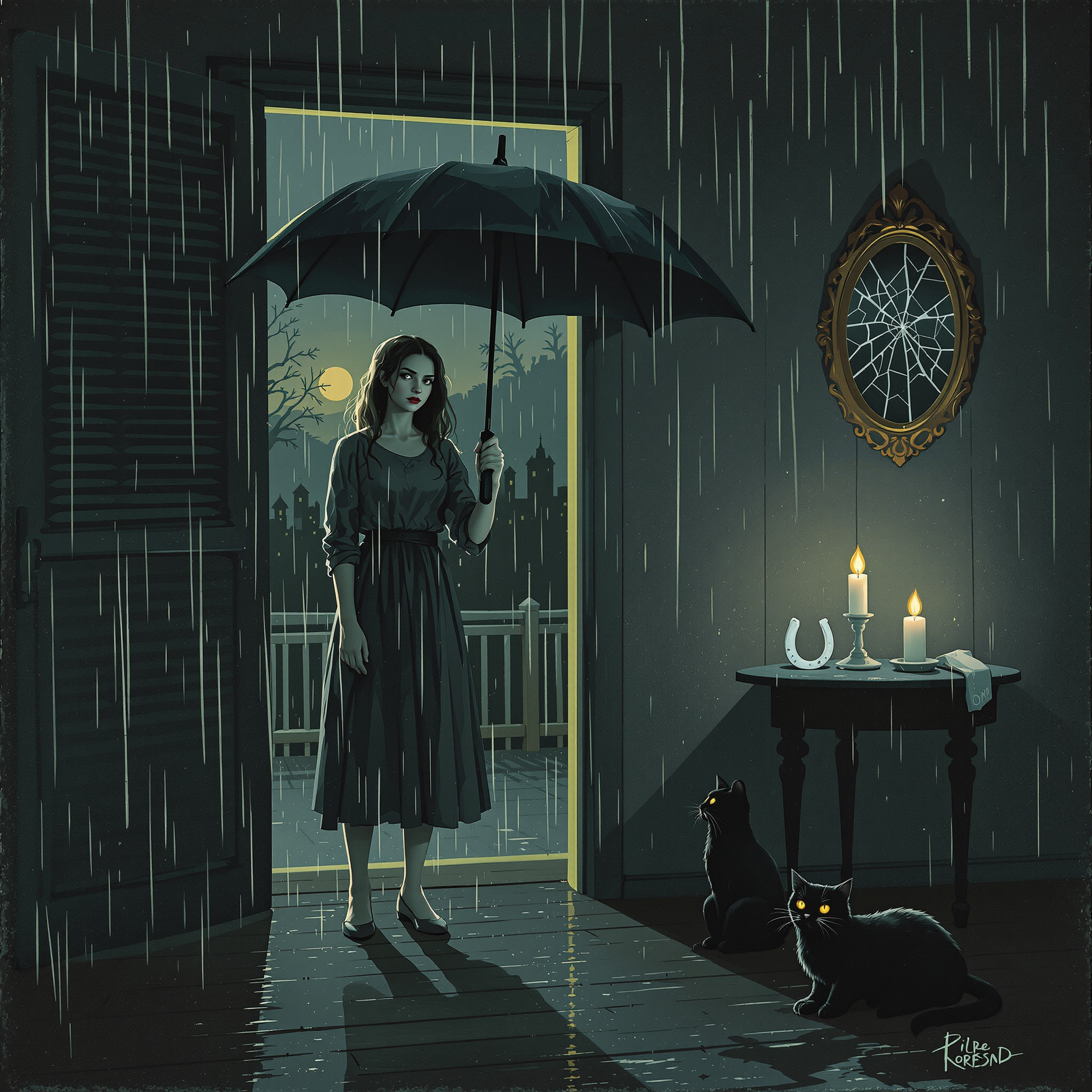The belief that ‘dreams go by contraries’ maintains that the literal meaning of a dream should be reversed or interpreted as its opposite to uncover its significance. For instance, dreaming of death might be seen as a sign of long life or good health, while dreaming of laughter may indicate upcoming sorrow. This approach to dreams was commonly used in folk divination and informal decision-making. Individuals used such interpretations as part of their daily or spiritual guidance, especially in rural and deeply religious communities. Interpretation typically depended on personal intuition or local folk dream books rather than any scientific method. It was common to consult elders or mystics for these interpretations, often close to waking from the dream to preserve its “freshness.”

A baby’s future career or fate is predicted by the first object they select during a ceremonial setup.
In several Asian and Eastern European cultures, a traditional ceremony is held for babies usually around their first birthday. Known


